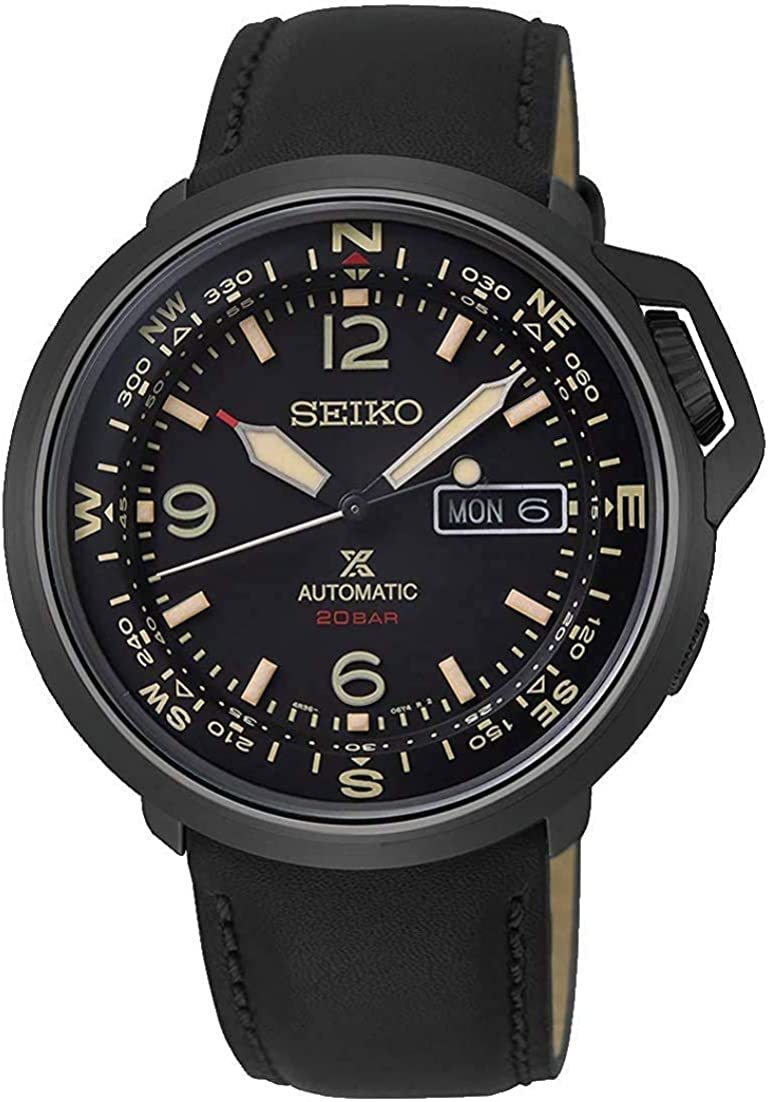-
シーンから探す
- ハンドクラフト、手工芸
- その他
- テーラードジャケット
- シャツ
- マフラー
- 工芸品
- かごバッグ
- 仏壇、仏具
- 腕時計(デジタル)
- 置物
- 千葉県のその他
- 趣味/スポーツ/実用
- フィギュア
- PC/タブレット
- その他
- テーブル
- キャラクターグッズ
- ブランド腕時計
- ブランド別
- レディース腕時計
- レンズ(ズーム)
- アマチュア無線
- トレーディングカード
- 北海道のその他
- 工具、DIY用品
- 部品取り車
- 置物
- 学習、教育
- 優待券/割引券
- その他
- 楽器、器材
- 看護、介護用品
- リュック/バックパック
- 楽器、器材
- 天井照明
- 扇風機
- 農業
- 自転車、サイクリング
- 登山用品
- 兵庫県のスポーツ
- 少女漫画
- マフラー
- 店舗用品
- ロッド
- ハンドバッグ
- その他
- エッセンシャルオイル
- 飲料
- キャラクターグッズ
-
贈る相手から探す
- その他
- 農業
- その他
- コミック/アニメ
- ゲーム
- 家具、インテリア
- チェスターコート
- その他
- レコード
- ロングワンピース
- シャツ
- スニーカー
- ビンテージ
- パーカー
- ジャケット/アウター
- 農業
- テーブル/チェア
- メンズファッション
- 家庭用品
- 工具、DIY用品
- ブーツ
- 北海道のその他
- 型紙/パターン
- ルアー用品
- アウトドア
- ショルダーバッグ
- プラモデル
- 季節、空調家電
- ブランド別
- オーディオ機器
- テレビ
- 腕時計(デジタル)
- 食器
- 工芸品
- 家具、インテリア
- コスプレ衣装
- ジャケット/アウター
- 絵画/タペストリ
- ゲーム
- クラブ
- アコースティックギター
- その他
- ブランド別
- その他
- その他
- 洗濯機
- メンズアクセサリー
- 埼玉県のバイク
- ブーツ
- テント/タープ
- カテゴリから探す
- おまとめ注文・法人のお客様
SEIKO(セイコー) プロスペックス SRPD35K1メンズ腕時計 自動巻き フィールドウォッチ アウトドア 日本未発売モデル ベスト
-
商品説明・詳細
-
送料・お届け
商品情報
残り 6 点 37,091円
(152 ポイント還元!)
翌日お届け可(営業日のみ) ※一部地域を除く
お届け日: 12月27日〜指定可 (明日16:00のご注文まで)
-
ラッピング
対応決済方法
- クレジットカード
-

- コンビニ前払い決済
-

- 代金引換
- 商品到着と引き換えにお支払いいただけます。 (送料を含む合計金額が¥291,028 まで対応可能)
- ペイジー前払い決済(ATM/ネットバンキング)
-
以下の金融機関のATM/ネットバンクからお支払い頂けます
みずほ銀行 、 三菱UFJ銀行 、 三井住友銀行
りそな銀行 、ゆうちょ銀行、各地方銀行 - Amazon Pay(Amazonアカウントでお支払い)
-





























◆20bar防水
◆自動巻き
◆蓄光
◆日付曜日カレンダー
◆方位計
風防素材:ハードレックスクリスタルガラス
ケース素材:ステンレス
ケースサイズ:(約)H43×W43×D14mm(ラグ、リューズは除く)
バンド素材:レザー
保証期間:1年間
付属品:取扱説明書(英語)/ SEIKO仕様BOX
お届け先が北海道沖縄の場合は別途送料1000円が発生いたします。